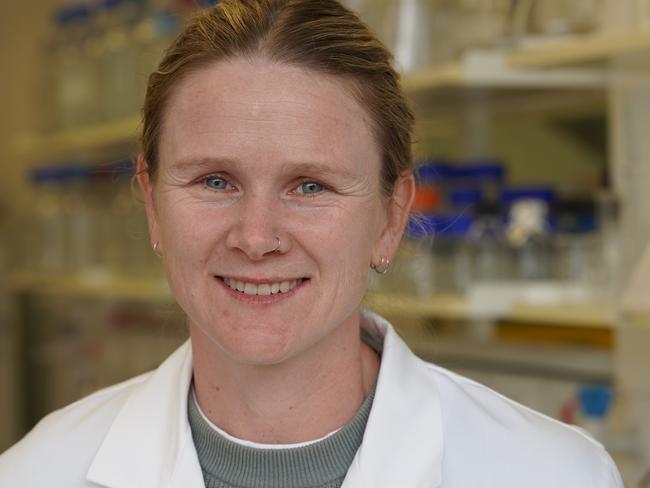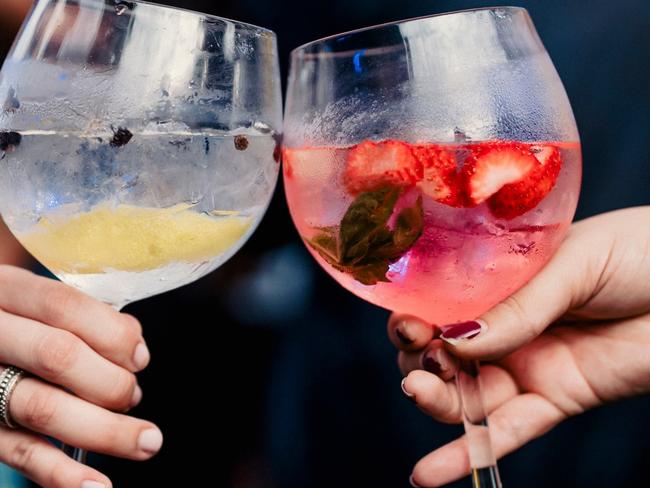The hunger hormone that’s driving women to drink
If you’re a woman with high levels of this hormone then you are more likely to binge drink. This is why.
Wellbeing
Don't miss out on the headlines from Wellbeing. Followed categories will be added to My News.
A ‘hunger hormone’ that regulates appetite has been found to also trigger binge drinking and alcohol abuse - but only in women.
In a study published in Nature Communications, The Florey researchers found the hormone ghrelin not only gave women the munchies, it could also drive excessive alcohol consumption.
This brain receptor is meant to prepare the body for food, but this new study found it also plays a role in female binge drinking.
Why remains a mystery, but it is known women have higher levels of this hormone, which is primarily producd in the stomach and makes you hungry.

Binge drinking is a major health problem with women in Australia now leading the world as the most likely to regularly drink alcohol at harmful levels.
A Lancet study also shows 78 per cent of women aged between 15 and 39 years drink to harmful levels in Australia.
The Florey’s addiction researchers said finding this new pathway could lead to drug therapies to help women with risky drinking by switching off how the hunger hormone can signal the brain.

Led by addiction specialist Leigh Walker, the study found ghrelin was different in male and females.
“Working with mice, we found there was a difference in how this hormone signals in the brain and this might be why females are more sensitive to therapies based on this target,” Dr Walker said.
“This knowledge adds to a growing body of evidence that the female and male brain is fundamentally different, and understanding these differences may help provide more tailored treatments for women, and people assigned female at birth.”
She said most animal research and drug development was built around identifying and testing therapies in males.

“But it’s important to prioritise research on the neural mechanisms contributing to alcohol use disorder in females.”
Dr Walker said the team took a specific approach to work out why the hormone receptor was different between male mice and female mice.
“Now we’re taking a step back and we’re going to scan this brain region to see what changes happen when chronic alcohol is being consumed,” she said.
“We want to know how the brain is adapted by chronic alcohol use, how that differs between males and females and if alcohol changes the way our brain might be receiving this sort of information.”
Dr Walker said further research would look at whether sex difference explained why treatments worked differently.
The study’s first author Amy Pearl said understanding this was critical for developing effective treatments.
“Men have historically had higher rates of alcohol use, misuse and alcohol use disorder compared to women,” Ms Pearl said. “But these rates have converged significantly over recent decades, driven mainly by an increase in risky drinking and alcohol use disorder in women.”

Dr Walker said there were many complex reasons why women were drinking more.
“We know women tend to drink more when there are negatives things happening and they are stressed, whereas men are more likely to drink because of positive social interactions like hanging out with mates, going to the footy,” she said.
“We have a cost of living crisis, there is a lot more stress for women around caring responsibilities; the pressure put on them during the pandemic to not only work, but home school, there’s a lot.
“Women are told they can have it all, but I think the problem is you can’t necessarily have it all at the same time.”





